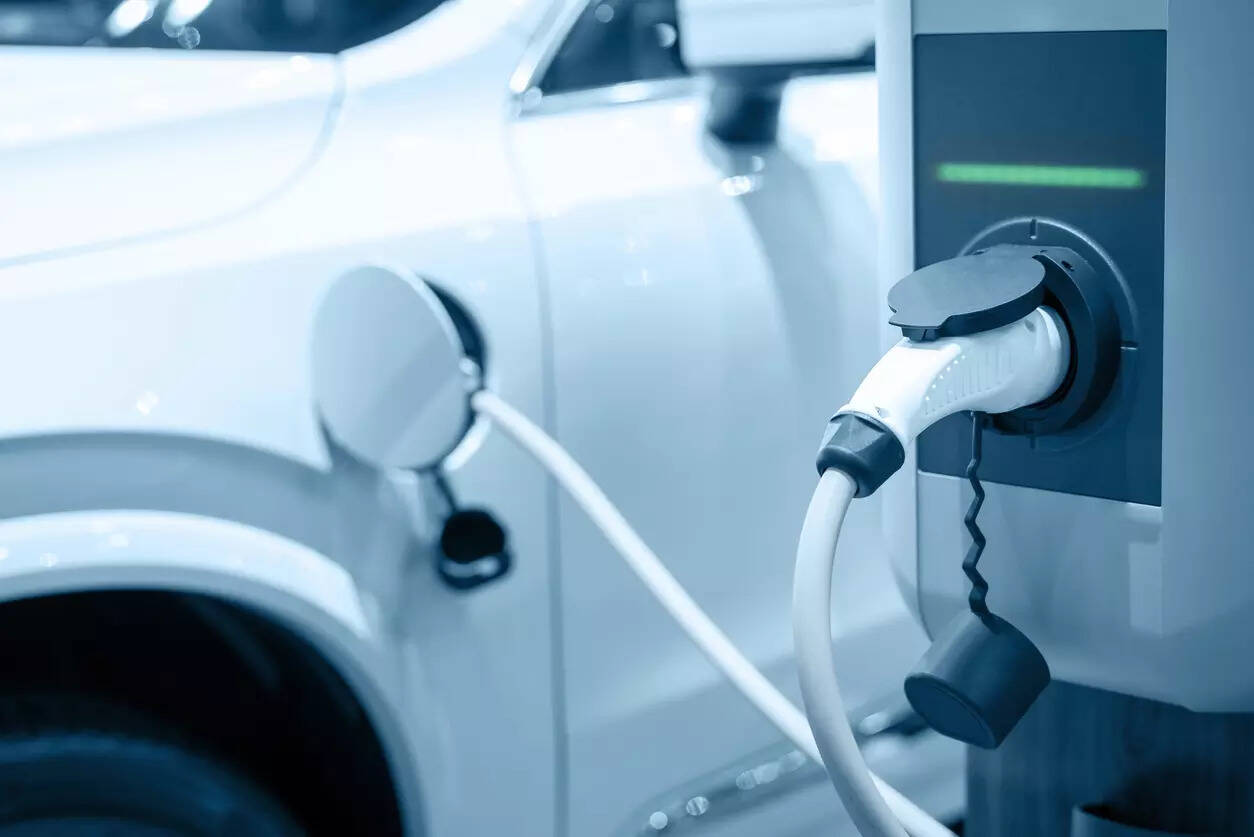
Public-private partnerships would be crucial to create the required infrastructure for hydrogen-powered mobility in India, experts opined at the G-STIC conference here.
The 7th G-STIC conference, which saw the participation of experts and stakeholders from around the world to harmonise technological, policy, and business solutions in response to global climate challenges, highlighted the critical role hydrogen can play in transforming India’s mobility sector.
Experts also underscored the importance of a holistic approach to energy transition.
“Technological solutions are essential to achieving a sustainable future, but they must be integrated with the right policies and partnerships to create real-world impact,” G-STIC general manager Dietrich Van der Weken stated. Hydrogen, alongside renewable energy, is critical to this transition, particularly for hard-to-electrify sectors, Weken stated. Public-private partnerships will also be crucial in creating the infrastructure necessary for hydrogen-powered mobility, he added. Experts also highlighted the importance of cross-sector collaboration in driving technological innovation.
Automakers, energy companies, and policymakers must work together to create an integrated energy ecosystem, they highlighted during the event.
Investments in hydrogen refuelling stations – similar to the charging infrastructure being developed for EVs – will be necessary to support the adoption of hydrogen-powered vehicles across India’s diverse and vast landscape, they noted.
The G-STIC Conference ranks among the largest global conferences dedicated to technological innovation and sustainable development. agencies

